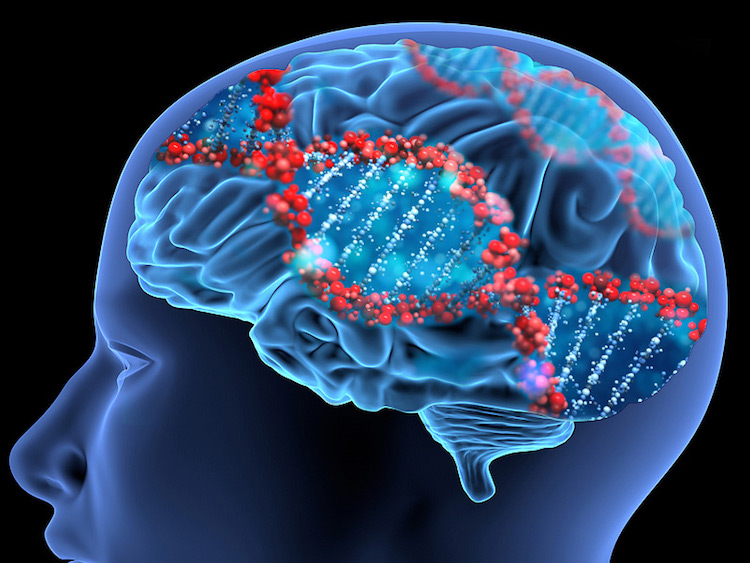A study led by Daryl Scott of Baylor University established a novel neurodevelopmental disorder associated with mutations and deletions impacting the PAX5 gene.
As mentioned in Human Mutation, the research team at Baylor included 16 patients with a history of neurodevelopmental problems, such as autism spectrum disorder and intellectual disability.
The study also looked at data from the International Mouse Phenotyping Consortium, which uncovered defects in PAX5 that led to similar symptoms observed in other research involving the use of rodents.
“We describe 16 individuals from 12 families who carry deletions involving PAX5 and surrounding genes, de novo frameshift variants that are likely to trigger nonsense-mediated mRNA decay, a rare stop-gain variant, or missense variants that affect conserved amino acid residues,” according to the findings.
“Our findings suggest that PAX5 haploinsufficiency causes a neurodevelopmental disorder whose cardinal features include delayed developmental milestones, variable intellectual disability, and/or autism spectrum disorder.”
The new findings bring forth new changes to diagnostic testing and future discoveries may lead to more improved diagnoses.


